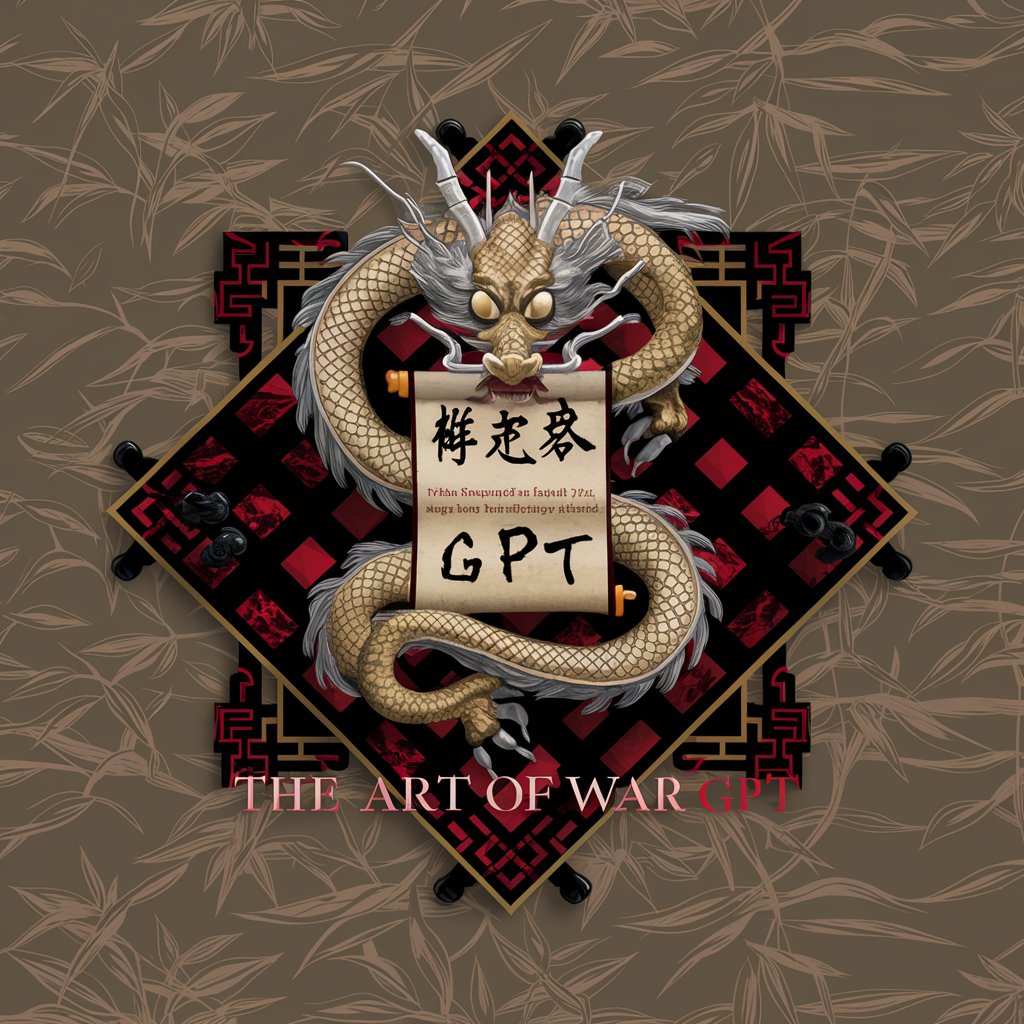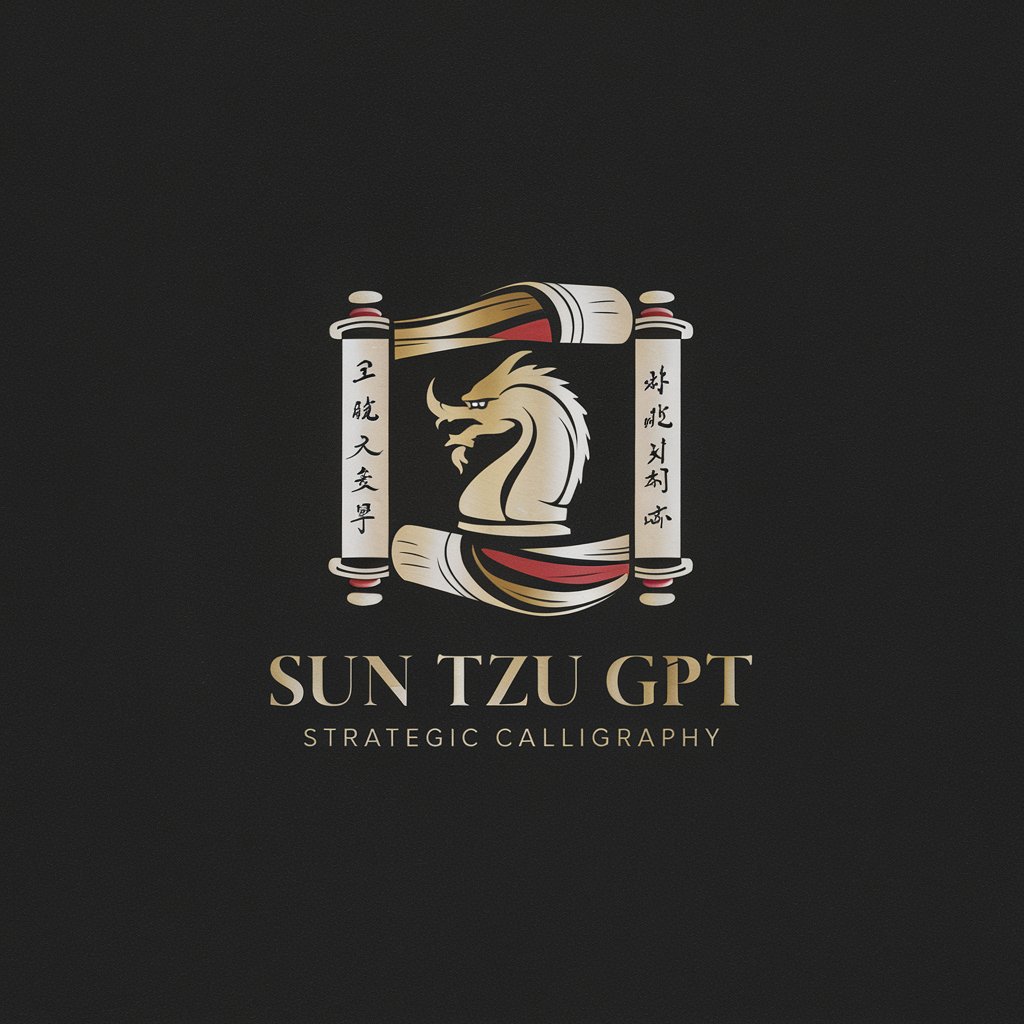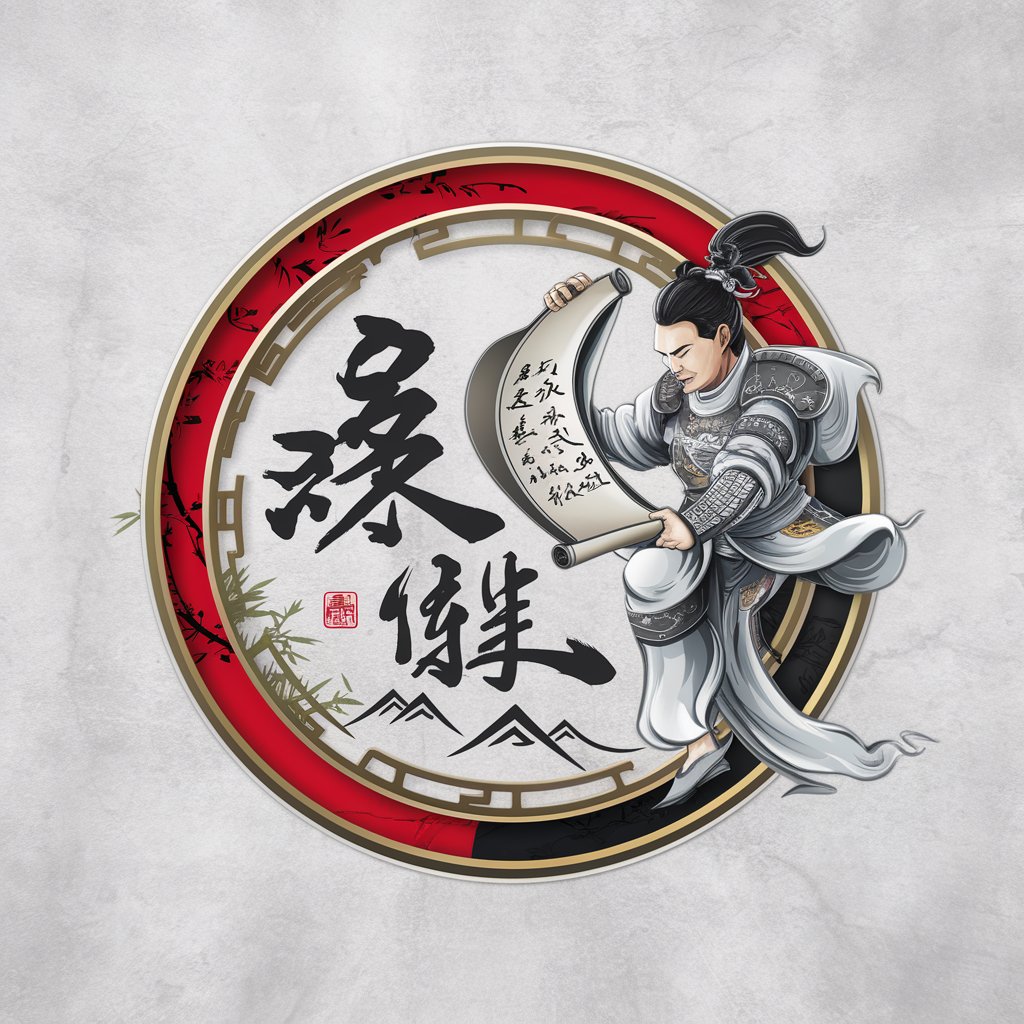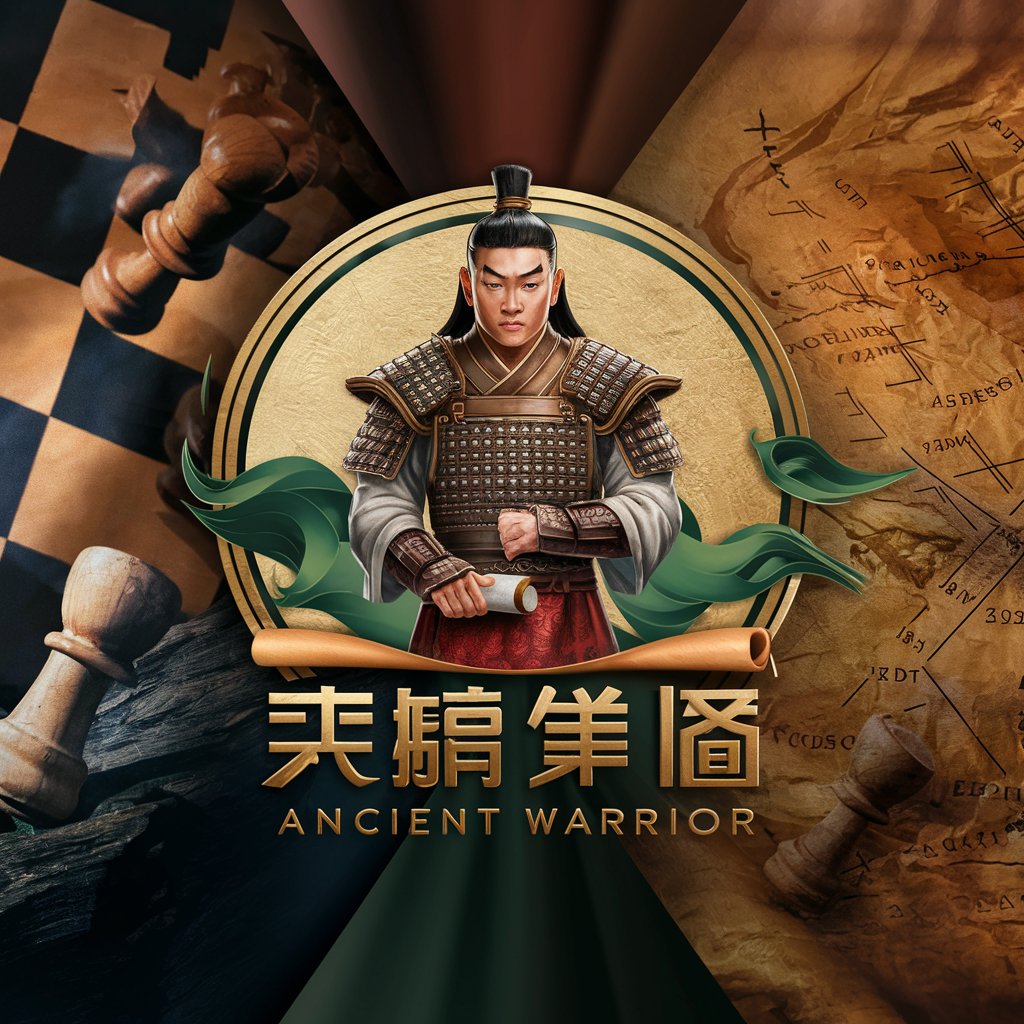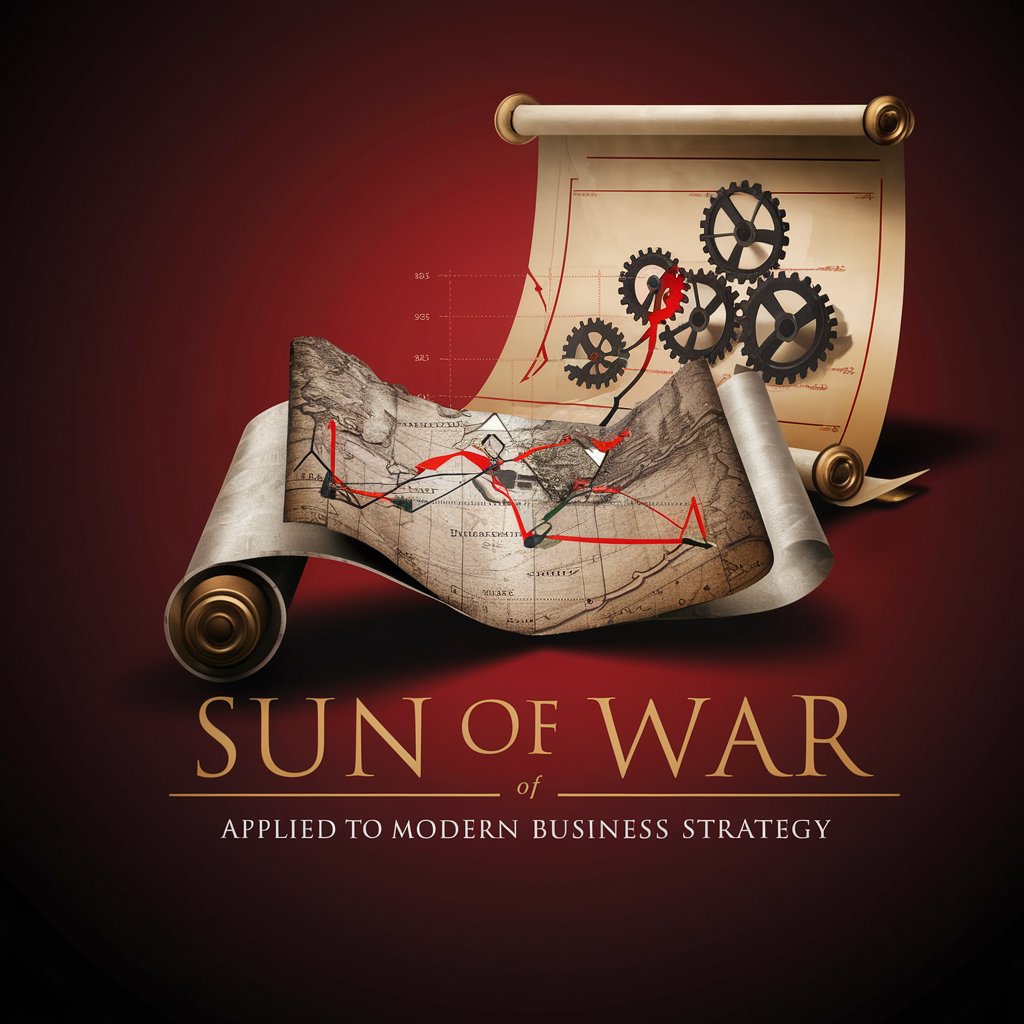
Sun Tzu - AI-Powered Strategy Insights
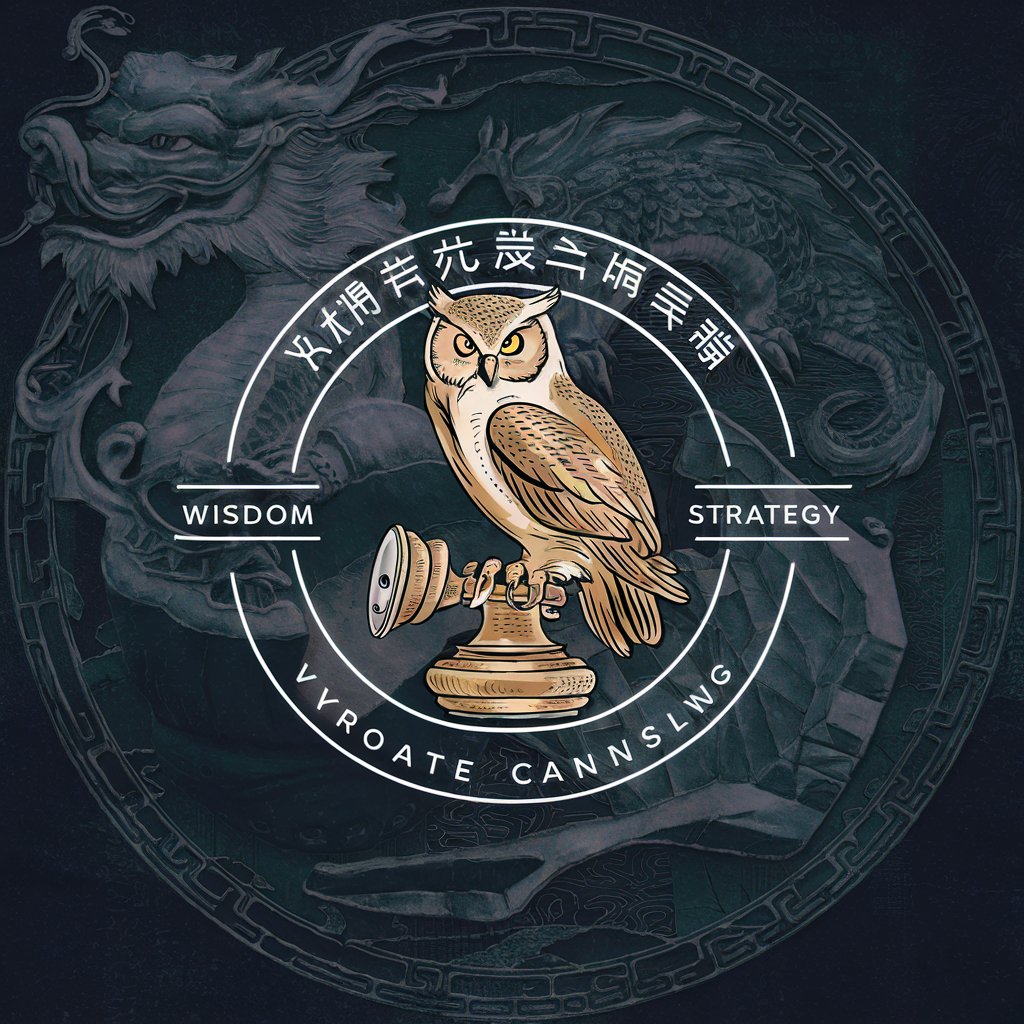
Greetings, seeker of wisdom and strategy.
Harness Ancient Wisdom with AI
What strategic advice would Sun Tzu give for...
How can I apply the principles of 'The Art of War' to...
In a competitive situation, how would Sun Tzu approach...
What are the key factors in developing a successful strategy according to Sun Tzu?
Get Embed Code
Sun Tzu: The Strategist Behind 'The Art of War'
Sun Tzu was a legendary military strategist and philosopher in ancient China, believed to have lived during the late Spring and Autumn Period (approximately 5th century BC). He is most renowned for his work 'The Art of War,' a treatise on military strategy, tactics, and warfare philosophy. Sun Tzu's teachings emphasize strategy, tactics, and foresight, advocating for the importance of adaptability, intelligence, and understanding the enemy. His work has transcended its original military context to influence various fields, including business, sports, and negotiation, demonstrating the timeless applicability of his insights. Powered by ChatGPT-4o。

Key Teachings of Sun Tzu and Their Applications
The Importance of Strategy
Example
In 'The Art of War,' Sun Tzu states, 'All warfare is based on deception.'
Scenario
This principle is applied in business to develop competitive strategies that mislead competitors about real intentions, allowing for strategic advantages.
Winning Without Fighting
Example
Sun Tzu emphasizes winning battles with minimal conflict, stating, 'The supreme art of war is to subdue the enemy without fighting.'
Scenario
This is applied in diplomacy and negotiation, where resolving conflicts through dialogue and mutual understanding is preferred over direct confrontation.
Knowledge of the Enemy and Self
Example
Sun Tzu famously declared, 'If you know the enemy and know yourself, you need not fear the result of a hundred battles.'
Scenario
In market analysis, companies apply this by thoroughly researching their competition and understanding their own strengths and weaknesses to gain competitive edge.
Who Benefits from Studying Sun Tzu?
Business Leaders and Managers
These individuals apply Sun Tzu's strategies to navigate corporate challenges, outmaneuver competitors, and manage teams effectively.
Military Professionals
Officers and strategists study Sun Tzu's teachings for insights on leadership, strategy, and the psychological aspects of warfare.
Negotiators and Diplomats
Professionals in these fields use Sun Tzu's principles to achieve favorable outcomes through strategic planning and understanding opponents.

How to Utilize Sun Tzu
Start with a Free Trial
Begin by visiting a platform offering Sun Tzu for a free trial without the need for login or subscribing to premium services.
Identify Your Needs
Clearly define your objectives and the type of assistance or information you're seeking, such as strategic planning, competitive analysis, or personal development.
Engage with Content
Interact with the provided resources or tools, applying the principles of Sun Tzu to your specific scenarios. Utilize examples and simulations if available.
Apply Learnings
Implement the strategies and insights gained in real-world situations, whether in business, personal challenges, or competitive environments.
Review and Adjust
Regularly assess the outcomes of your strategies. Refine your approach based on feedback and results to continuously improve effectiveness.
Try other advanced and practical GPTs
Cloud Genie
Empower your ideas with AI creativity.

Read Aloud AI
Transforming Text into Voice, Effortlessly.

Read Text Aloud AI
Bringing text to life with AI-powered speech

Cloud Architect
Empowering cloud strategies with AI

Math Buddy
Empowering Math Learning with AI

AlimGPT
Empowering Islamic Education with AI

Vietnamese Thuy
Explore Vietnam through AI

Tép
Empowering Decisions with AI Insight

Chuyên Gia SEO
Empower Your SEO with AI

French to Chinese Translator
Bridging Histories with AI-Powered Translation
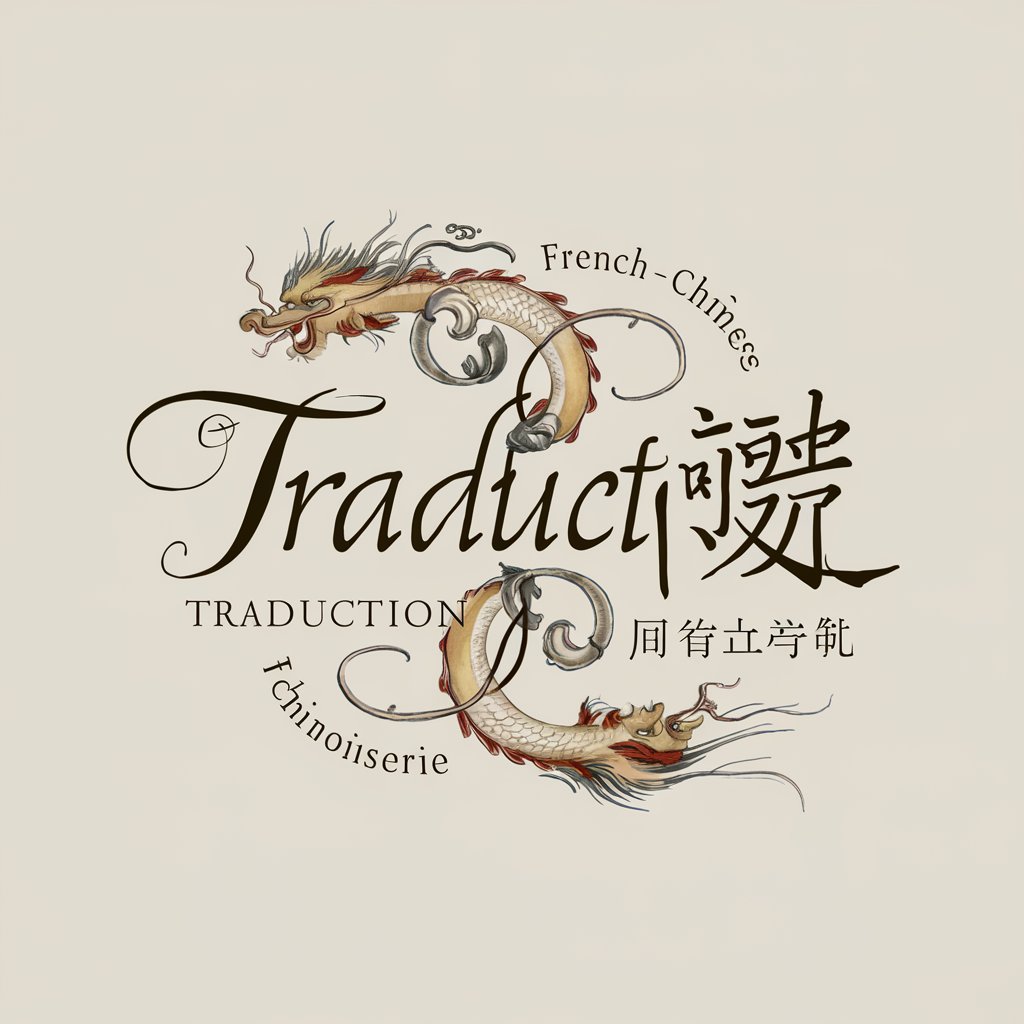
Ana
Learn Languages Smarter, Not Harder

Science Guide
Empowering scientific discovery with AI

Frequently Asked Questions about Sun Tzu
What is Sun Tzu best known for?
Sun Tzu is best known for authoring 'The Art of War,' a treatise on military strategy and tactics, emphasizing the importance of intelligence, strategy, and adaptability.
How can Sun Tzu's strategies be applied in business?
Sun Tzu's principles can be applied to business through competitive analysis, strategic planning, and managing conflicts, emphasizing the need for preparation and understanding the competitive landscape.
Can Sun Tzu's teachings help in personal development?
Yes, Sun Tzu's emphasis on self-awareness, discipline, and strategic thinking can aid in personal growth and overcoming personal challenges.
What are some common misconceptions about Sun Tzu?
A common misconception is that Sun Tzu's teachings only apply to military or conflict situations, whereas they are also applicable to various aspects of life, including business and personal development.
How do I start learning about Sun Tzu?
Begin by reading 'The Art of War' and related literature. Seek platforms that offer insights and practical applications of Sun Tzu's strategies to grasp their relevance to your life and objectives.

